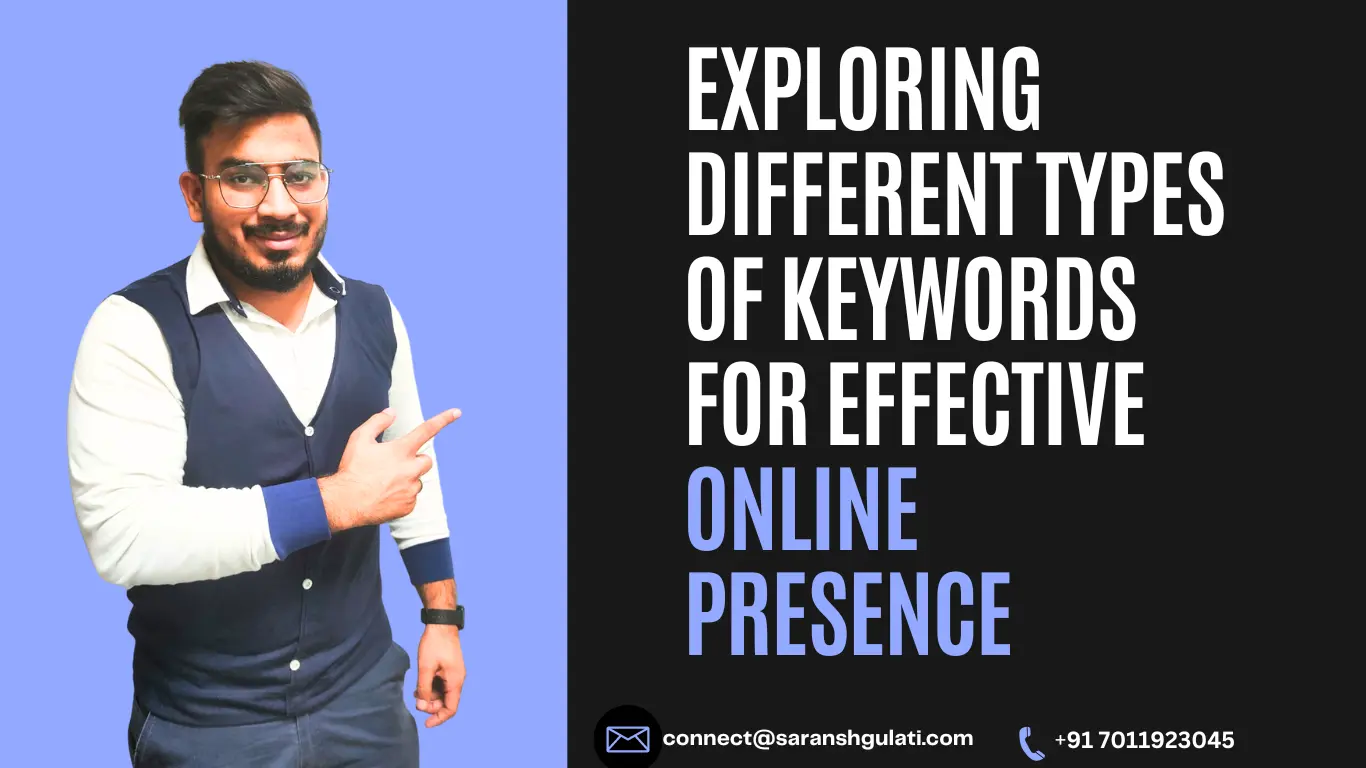Keywords are the building blocks of digital marketing. They help businesses connect with their target audience and improve their online visibility. Basically, Types of keywords in SEO is a big part of Digital Marketing which target the audience who have interest in a particular thing. There are 8 effective types of keywords used in digital marketing SEO and explain each type in simple terms.
Short-tail Keywords in SEO
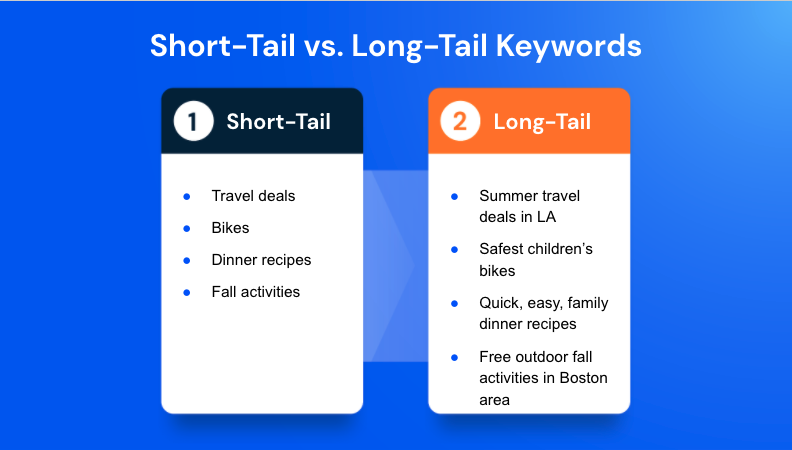
Short-tail keywords, also known as head keywords, are concise and usually consist of one or two words. These keywords are broad and general, often representing a larger topic or industry. For example, “digital marketing” or “social media.” Short-tail keywords have high search volume, but they can be highly competitive and may not always attract the most targeted audience.
Long-tail Keywords in SEO
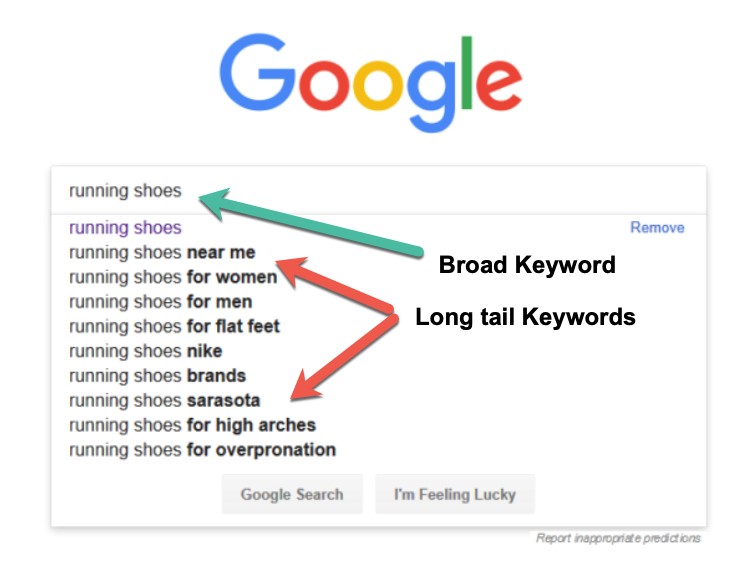
Long-tail keywords are longer and more specific phrases that comprise three or more words. They are often used by individuals who know exactly what they are looking for. For instance, “best digital marketing strategies for small businesses” or “how to increase website traffic with SEO.” Long-tail keywords have lower search volume but tend to attract more qualified leads, as they indicate a higher level of intent.
Learn more about Digital marketing with Saransh Gulati
Branded Keywords
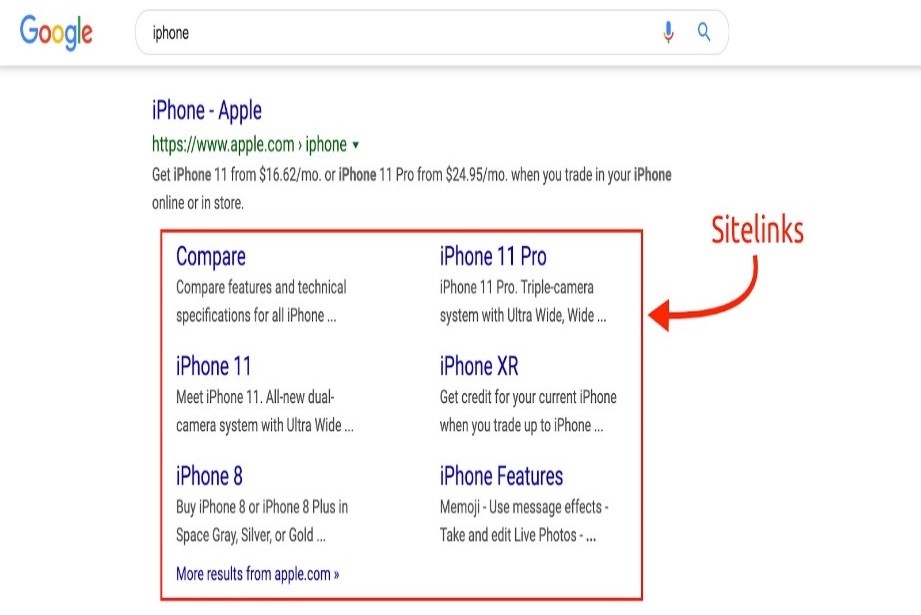
Branded keywords include the name of a brand or organization. They are used to target individuals who are already familiar with a particular brand or are searching for specific products or services offered by that brand. For example, “Nike running shoes” or “Apple iPhone.” Branded keywords help businesses protect their online reputation and ensure they appear in search results when users are specifically looking for their brand.
Competitor Keywords
Competitor keywords are terms that include the names of competing brands or businesses. These keywords are used strategically to target individuals who are considering alternatives to a particular brand. For example, “Samsung vs. Apple” or “Nike vs. Adidas.” This types of keyword may help businesses influence individuals who are comparing several options before making a decision.
Navigational Keywords
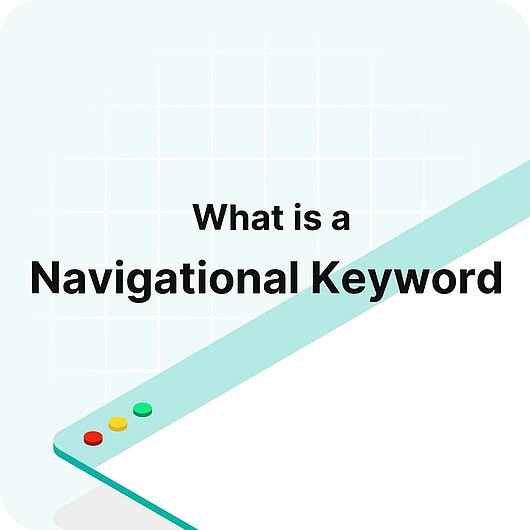
Navigational keywords are location-specific terms used to target a particular geographic area or region. They are especially relevant for businesses that serve a local or regional market. For example, “digital marketing agency in Delhi” or “plumber in Delhi.” Incorporating geo-targeted keywords in digital marketing campaigns helps businesses improve their visibility in local search results and reach potential customers in their target area.
Transactional Keywords
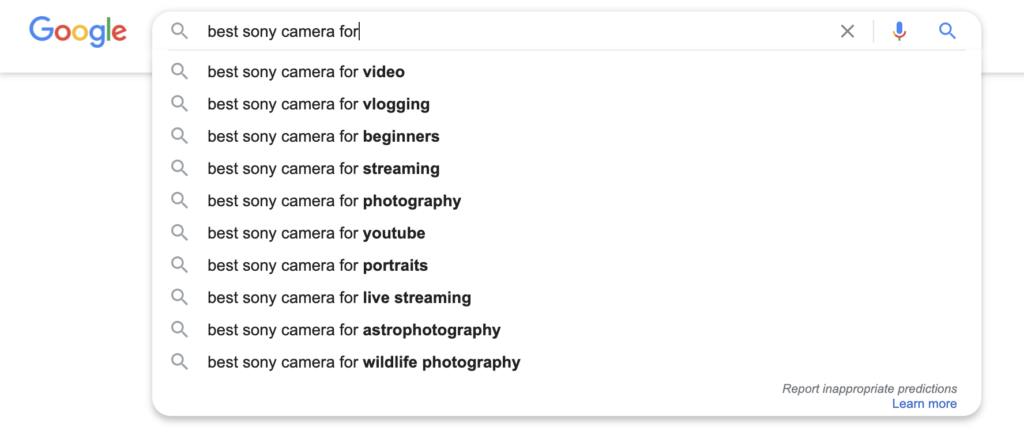
Transactional keywords indicate an intent to take a specific action, such as making a purchase or signing up for a service. These keywords are crucial for e-commerce websites and businesses looking to drive conversions.
Informational Keywords

Informational keywords are used by users seeking answers, insights, or solutions to their queries. Creating content around these keywords positions your website as a valuable resource and helps establish authority in your industry.
Commercial Keywords
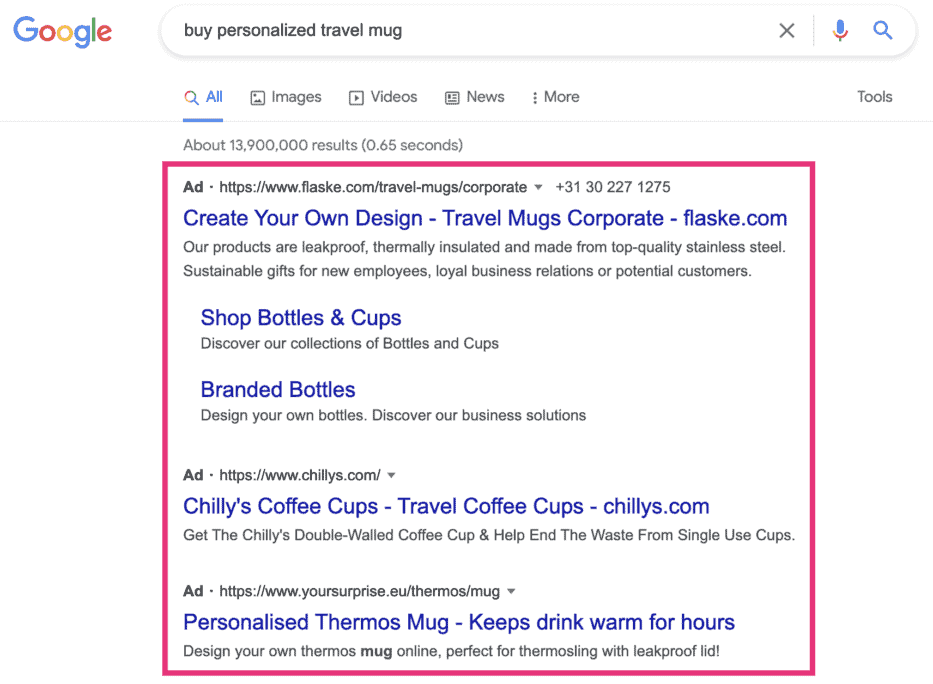
Commercial keywords are a blend of transactional and informational intent, indicating that users are researching with a potential purchase in mind. These keywords help guide users through the buying journey, from initial research to final decision-making.
Keywords are an integral part of digital marketing strategies. By understanding the different types of keywords and their purposes, businesses can optimize their online presence and attract the right audience. Whether it’s short-tail or long-tail keywords, branded or competitor keywords, or product and geo-targeted keywords, a well-rounded keyword strategy can drive relevant traffic, enhance visibility, and ultimately lead to increased.
FAQs
What are short-tail keywords?
Short-tail keywords are brief, general search phrases with high search volume but intense competition.
How do long-tail keywords differ from short-tail keywords?
Long-tail keywords are longer and more specific, catering to a niche audience with clearer intent.
Can transactional keywords boost conversions?
Yes, transactional keywords indicate user intent to make a purchase or take a specific action, making them essential for driving conversions.
Why are informational keywords important?
Informational keywords help establish your website as a valuable resource and position you as an industry authority.

